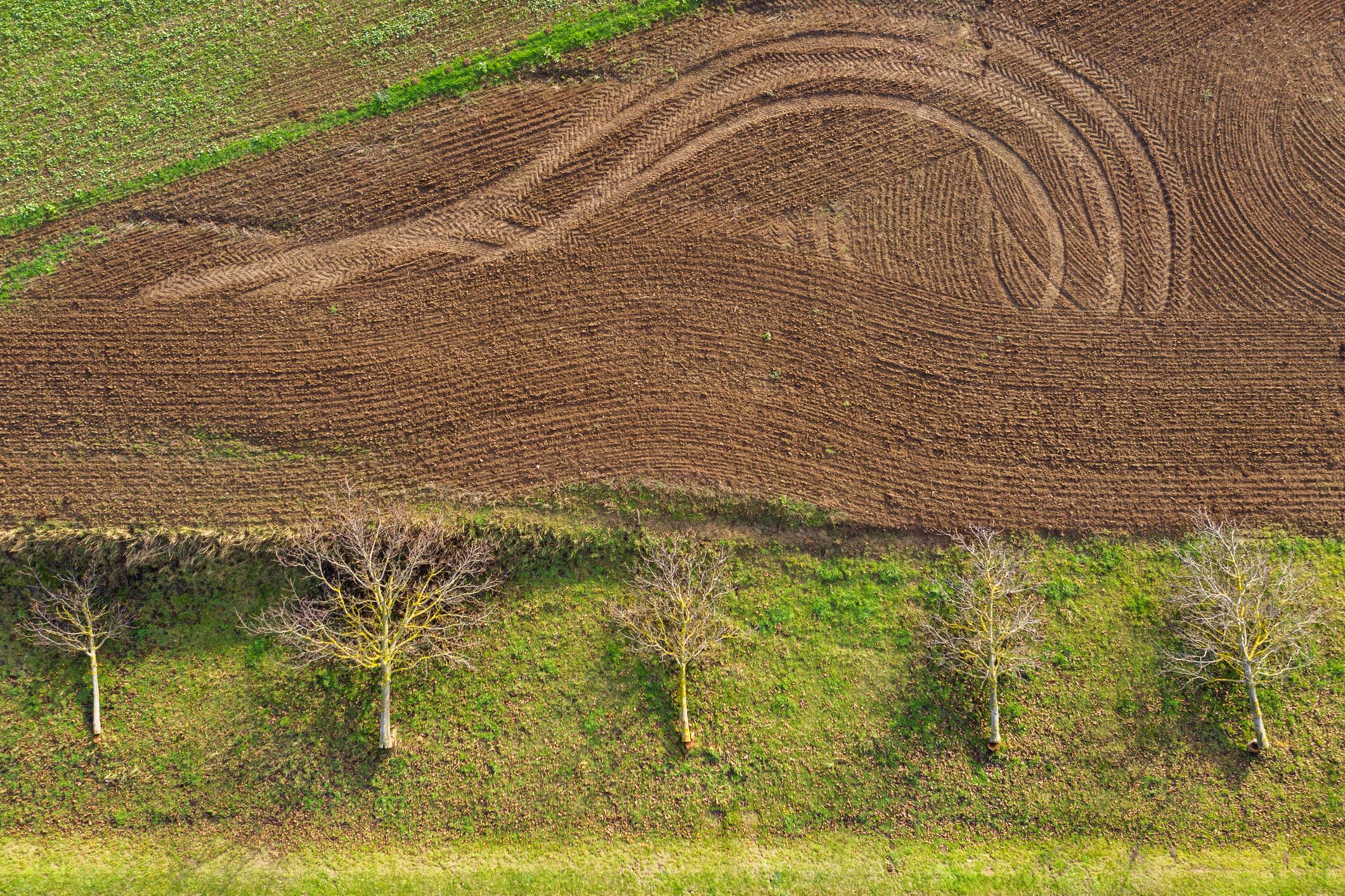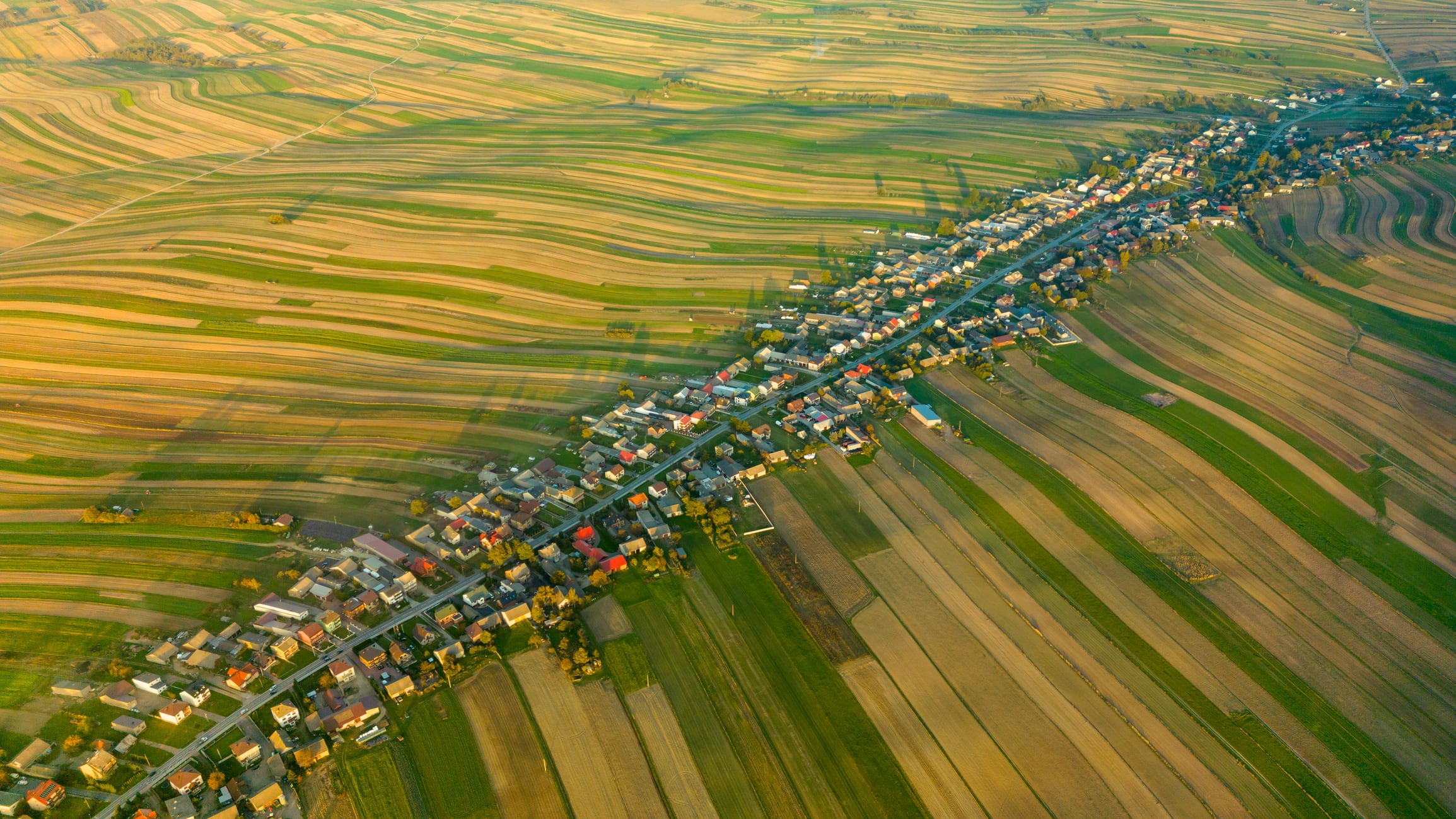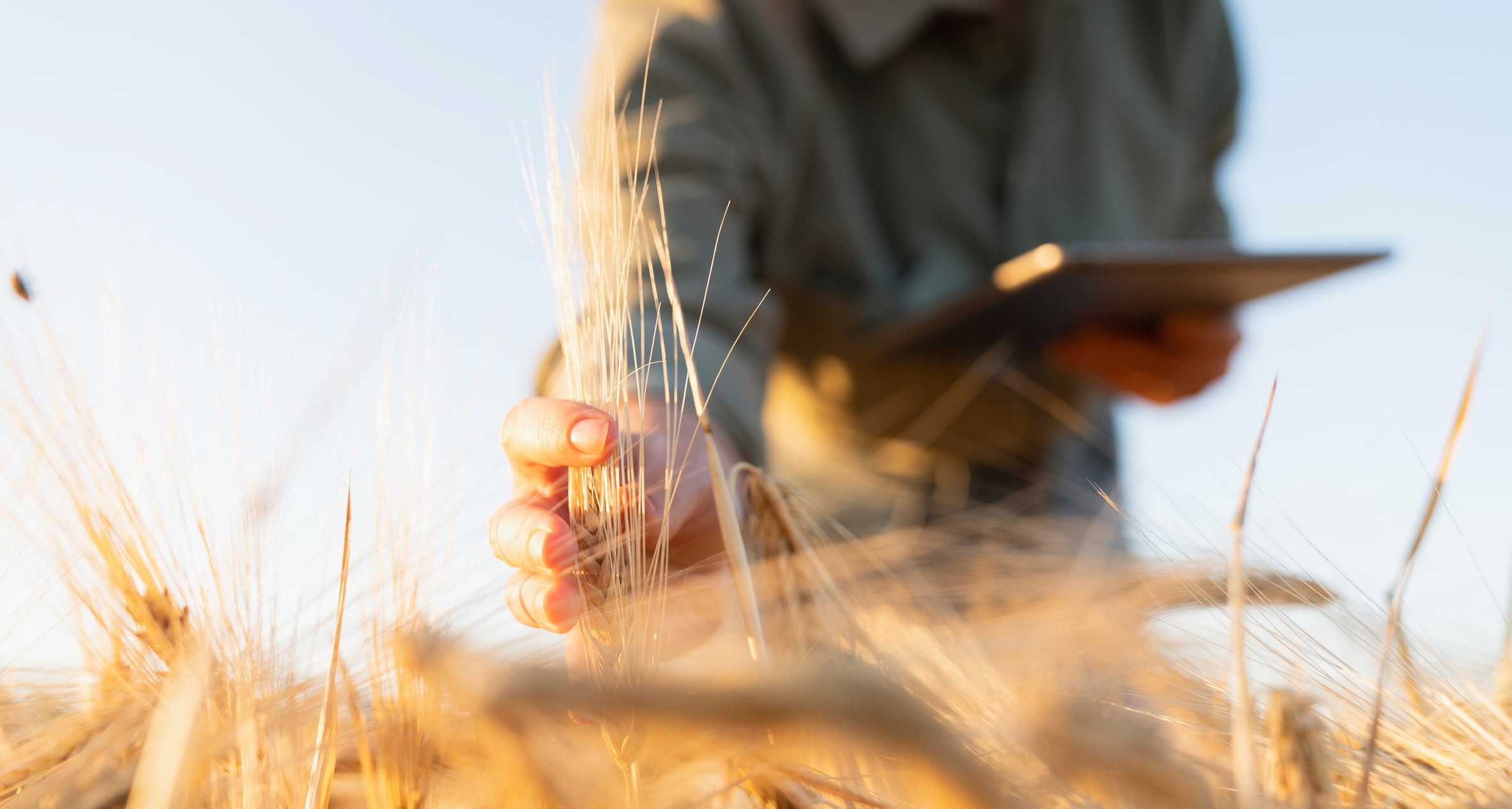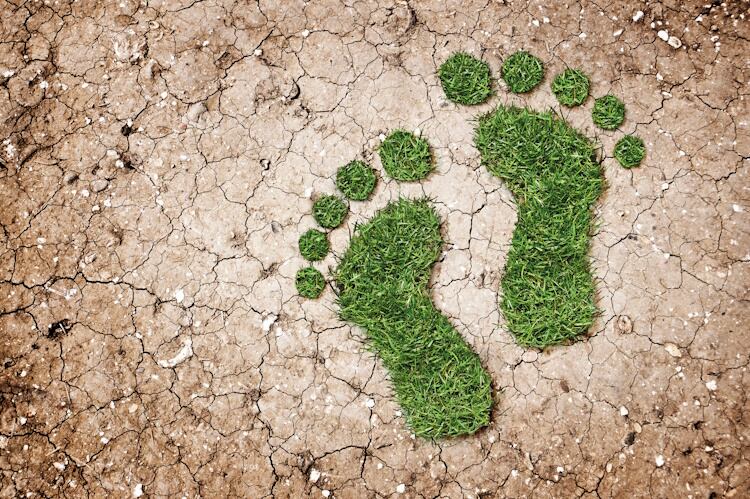European regenerative agriculture company InSoil has entered a four-year strategic agreement with Anew Climate, LLC, a global leader in environmental markets, to exclusively market over 500,000 verified soil carbon removals from InSoil’s Carbon Farming Program in Lithuania. Developed under Verra’s VCS VM0042 standard, the project is independently verified and represents one of the largest soil carbon initiatives in the region.
Removals are generated by Lithuanian farmers implementing regenerative practices such as cover cropping, diversified rotations, residue management, and conservation tillage – methods shown to sequester carbon, enhance soil health, and boost biodiversity.
Financing the transition to regenerative agriculture
The collaboration aims to be positioned not just as a carbon credit transaction, but as a catalyst for financial and agronomic support to European farmers. By monetising verified carbon removals, InSoil promises to enable farmers to access new revenue streams while transitioning to sustainable practices.
“Soil, second only to oceans in its carbon-storing power, makes Europe’s farmers the cornerstone of the continent’s Net Zero goals,” said Fernando Hierro Garcia, head of Carbon at InSoil. “Through regenerative agriculture, they can capture carbon, restore ecosystems, and build resilient food systems – provided they receive the support InSoil is ready to deliver.”
InSoil’s programme applies 16 soil samples per 100 hectares, which it claims is the highest sampling density in the industry, ensuring robust verification. Farmers benefit not only from carbon credit revenue but also from improved crop yields, water quality, and resilience to extreme weather.
Verified impact and expansion plans
Independent verification by SCS Global confirmed that InSoil’s project has sequestered an average of 2.27 tCO₂e per hectare per year across nearly 20,000 hectares.
InSoil’s says this carbon sequestration rate is driven by strong additionality in practice implementation, the stacking of several such practices (meaning farmers can generate and claim multiple types of environmental credits from the same land area or project), and the ‘outstanding’ carbon sequestration potential of Lithuanian soil. It highlights that ‘vast majority’ of credits from the project are recognized as durable carbon removals, meaning they can store carbon for long periods of time – typically decades to centuries or more – with minimal risk of reversal.
“Expanding our portfolio with high-quality European soil carbon credits underscores Anew’s commitment to climate solutions that deliver more than just carbon sequestration,” said Roger Williams, EVP of environmental products at Anew Climate.
InSoil plans to expand its Carbon Farming Program into Poland, Ukraine, and other European markets, with nearly 800,000 hectares currently enrolled and undergoing third-party verification. The company has also provided €90 million in agricultural loans, reinforcing its commitment to transition finance.
A blueprint for resilient food systems?
As corporations and governments reassess their climate commitments, this collaboration offers a blueprint for scalable, farmer-led climate action, InSoil believes. It aligns with Europe’s Net Zero ambitions and provides a tangible pathway for farmers to participate in environmental markets while improving their land and livelihoods.





